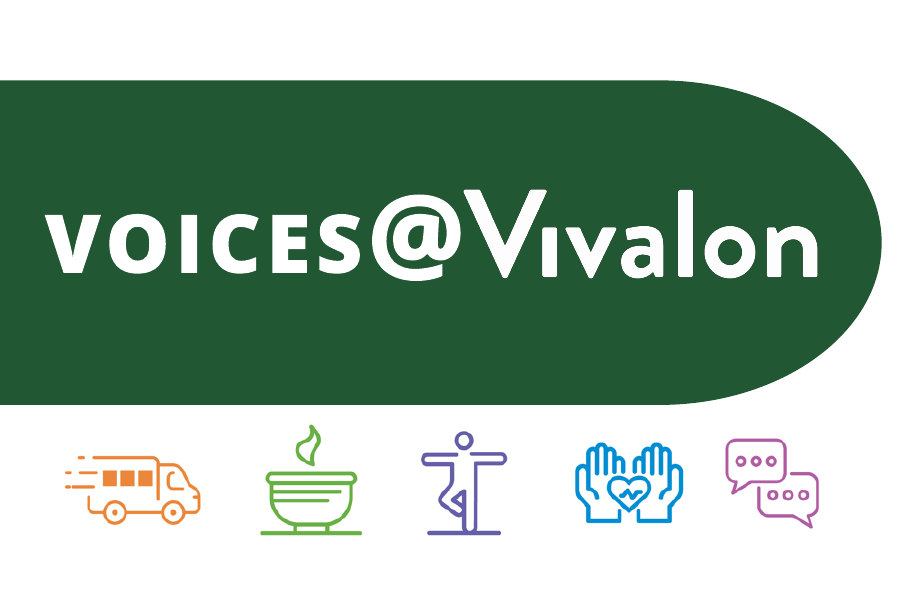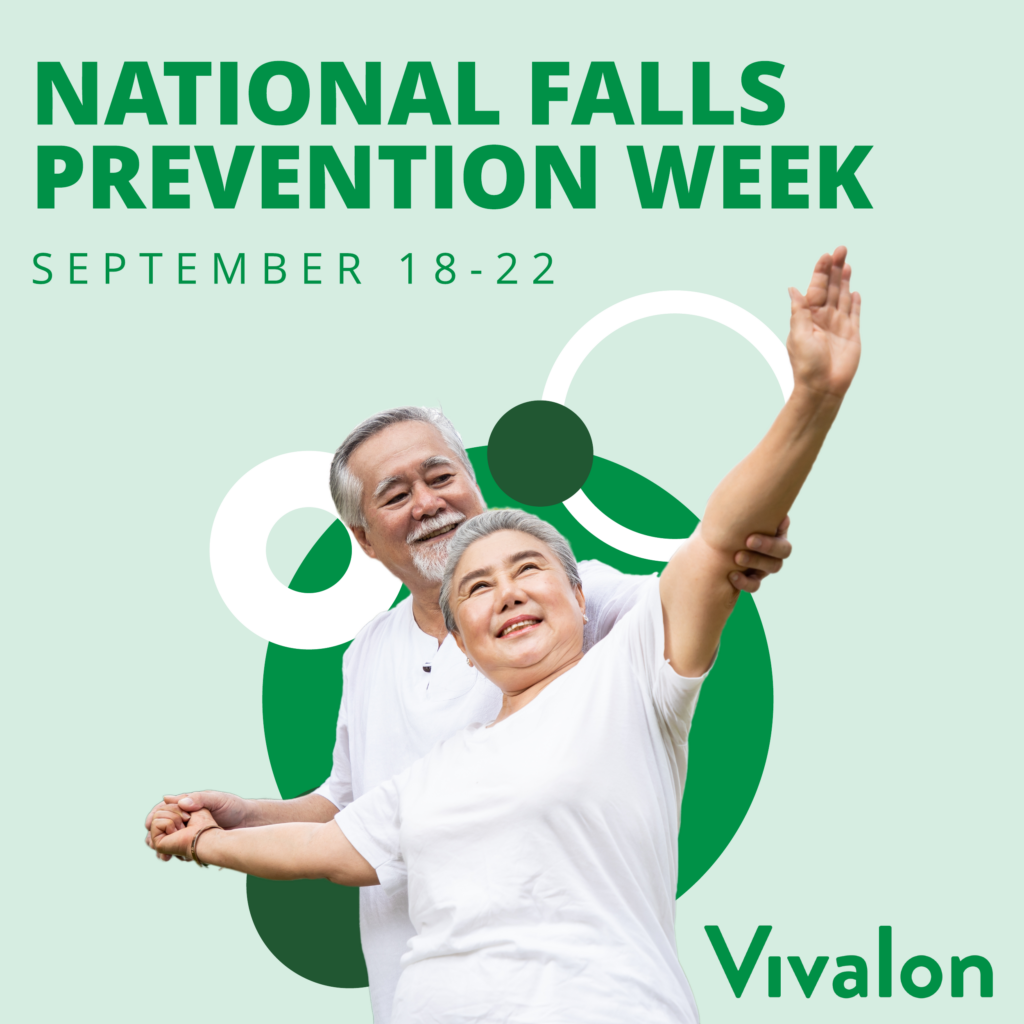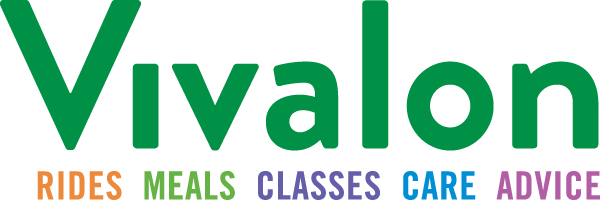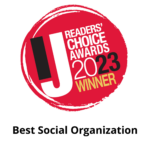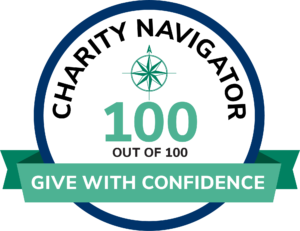What You Need to Know for Falls Prevention Week: September 18-22
As the leading cause of injury amongst older adults, many consider falls an unavoidable consequence of aging. However, the truth is that most falls are preventable. You have the power right now to take proactive measures that can significantly reduce your risk.
According to the U.S. Department of Health & Human Services, at least one in four older adults report a fall each year. Although falls are common, approximately half of these adults actually discuss the issue with their health care provider. It is very important to talk openly with your doctor if you feel at risk of falling, even if you have never fallen.
Speaking up is the first and easiest step to take. Health care providers will help you maintain your awareness and strength by managing medications that may be linked to falls, recommending vitamin supplements to maintain bone and muscle strength, and checking your vision and hearing. If it is challenging to speak with a medical professional, you can also start small by starting conversations with your family to discuss any concerns. Including other people is a great way to come up with unique fall prevention ideas specific to you.
The next step to take is to stay active. Finding an exercise program that looks to build balance, strength, and flexibility will help you reduce your risk tremendously. Beginning a new exercise routine can sometimes seem daunting, so a great idea is to bring a friend along with you and to remember that exercising with consistency at lower intensities still yields great benefits.
The last important step is to make your home safer. Installing handrails and grab bars throughout your home are great options to help you feel secure. While modifying the house can be costly and take time, there are still easy steps you can take right now to help prevent falls. You can clear your floors and paths of loose or obtrusive items, remove tripping hazards, set up a nightlight on the path from your bed to your bathroom, or bring a chair into your room to help you get dressed or put on shoes.
Falls prevention has a significant impact on an individual’s well-being with even more benefits than just maintaining physical health. Falls can also harm mental health by causing anxiety or decreasing self-confidence, which can limit quality of life by preventing individuals from engaging in certain daily activities. However, with the three steps of falls prevention you can greatly reduce your risk and avoid any potential health issues—speak up, get active, and make your home safe.
Keep on your feet and take steps now to stay safe and live independently with these resources from the National Council on Aging:
- Watch this video on 6 steps to prevent a fall.
- Assess your risk of falling with the Falls Free CheckUp online tool.
Vivalon’s Body Strength and Balance Program offers two evidence-based programs to help you prevent falls. Join Bingocize to build strength and learn techniques for preventing falls while enjoying bingo with friends or learn how to reduce the fear of falling and increase your activity level through A Matter of Balance. New sessions begin in October! Call 415-456-9062 or click here to learn more.

